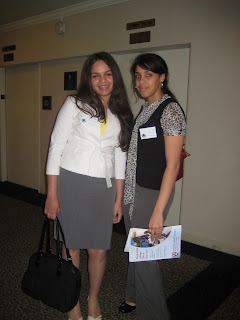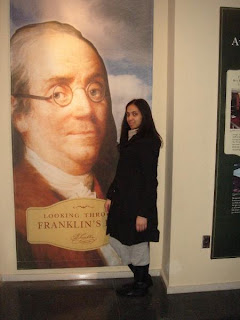The following resolution is from the philadelphia conference and it passed. In this resolution we tackled the topic of conserving biodiversity. 


Sponsors: Brazil, France, Italy, Venezuela, United Kingdom, United States
Signatories: China, Ethiopia, Russia, Sudan
Aware of the financial needs of every nation, and the extent to which they have the capabilities to provide for programs having to do with literacy
Recognizing the limited resources meaning educational programs that many nations have
Understanding the environmental conditions, focusing on war torn countries, endangering the well being of many students on their path to getting education
Deeply concerned with the lack of government regulations going on in developing countries
Keeping in mind that countries with low literacy rates; and they are mainly illiterate because of the lack of resources such as books, papers, pens etc.
Welcomes the use of microcredit and microloans to fund the building of schools. The funds need to be divided amongst the people who are creating these schools, along with the way that they will be run
a) The schools will be created (1-12) in safe areas for children to attend
b) More will be built with these funds
c) Buses with officers will transport children from their homes to school, and vice versa
Invites the use of NGO’s, countries, private organizations to fund also provide for the developing countries
Supports the literacy for developing countries which is meant to focus directly on developing countries and ensuring the development and progression of education and literacy in general
Suggests the development of a new program, Each One Teach One (EOTO), and a broad program that:
a) gathers teachers from different major cities of different impoverished states and take them to developed nations to improve literacy teaching skills
b) Funds for resources (books, trips, etc.) with the support of UNESCO, and all sponsoring developed nations
c) Volunteers from the developed nations would go to the underdeveloped nations and spread the ideas
Stressing the use of program such as “The Road to Success”
a) Focusing on infrastructure by building roads and schools
b) Funding by NGO grants and government organizations
c) Using blue helmets for the safety and protection of the development of the program
d) Using industries involved with literacy, to provide utilities for the students as well as aid, if they choose
6. Suggesting the need of transparency in these governments and the implementation of laws leaning towards the proliferation of the schools
7. Requests that the curriculum of the schools that will be built must be approved by their government
8. Encourage the government to have a meeting every year where the head of school meets with the government to see the progress of the pupils
9. Welcomes the creation of the international book drive week every year so that:
a) People from all around the worlds donate books, paper, pen, etc;
b) Money is being raised so that special books to teach children how to read and write is purchased;



























